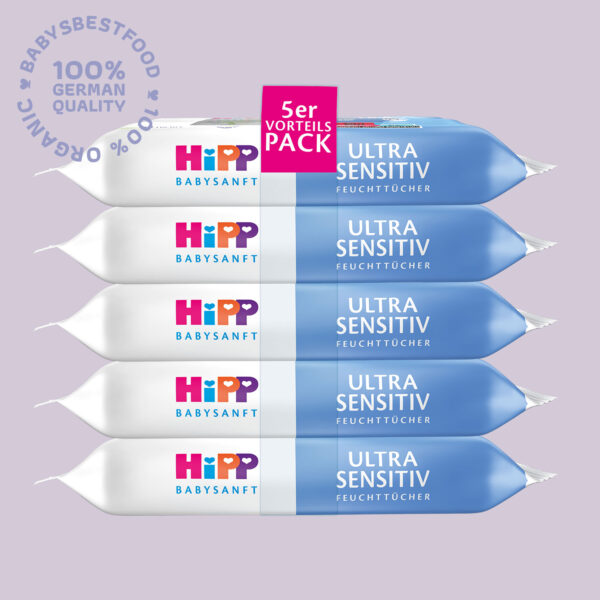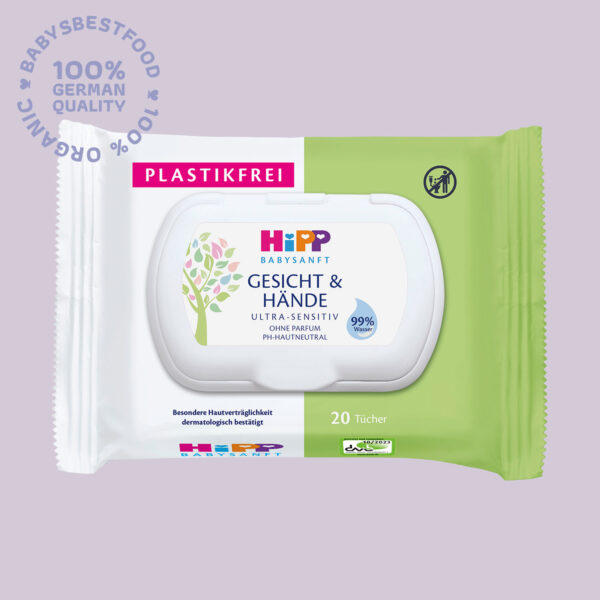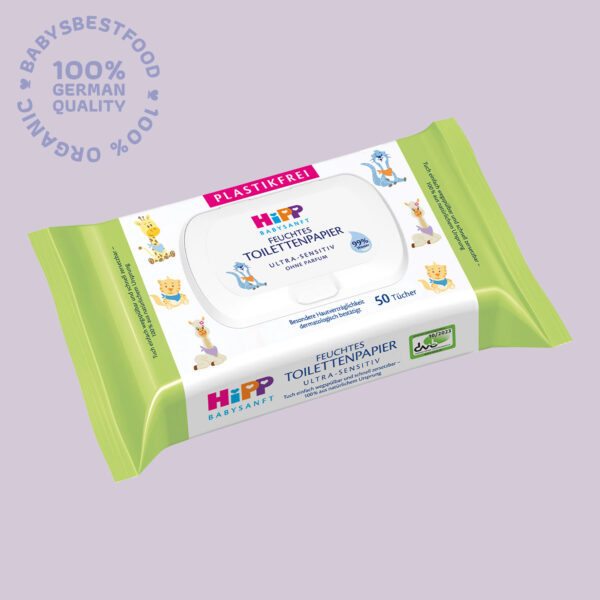Learn about the stringent regulations governing European baby food production to ensure the highest quality and safety standards for your child.
Introduction to European Baby Food Regulations
European baby food regulations are among the strictest in the world, ensuring that the products meet high standards of safety, nutrition, and quality. These regulations are designed to protect the health and well-being of infants and young children, providing parents with peace of mind when choosing baby food products.
Key Regulatory Bodies and Standards
The European Commission oversees baby food regulations, enforcing standards that cover everything from ingredient sourcing to labeling and nutritional content. The primary legislation includes Regulation (EU) No 609/2013, which sets out general requirements for food intended for infants and young children. Additionally, specific compositional and information requirements are detailed in Delegated Regulation (EU) 2016/127.
Discover our EU organic milk formula
Nutritional and Compositional Standards
European regulations mandate specific nutritional profiles for infant formulas, including precise amounts of proteins, fats, carbohydratesCarbohydrates: Kohlenhydrate, die dynamischen Kraftpakete des Körpers, sind von grundlegender Bedeutung, wenn es darum geht, Kinder mit Energie zu versorgen…, vitamins, and minerals. These standards are based on scientific advice from the EFSA to ensure that formulas meet the nutritional needs of infants and young children. For example, the regulations ensure that all baby formulas contain essential fatty acids like DHADocosahexaenoic acid (DHA): DHA, termed the cerebral elixir, acts as the cornerstone for children’s robust brain development and sharp visual… More and ARAArachidonic acid (ARA): ARA, a foundational nutrient, significantly shapes young children’s neural pathways, underpinning cognitive growth and visual acuity. Central… More, which are critical for brain development.

Moreover, these standards are frequently reviewed and updated to incorporate new scientific findings, ensuring that infants receive the best possible nutrition. The regulations also include requirements for labeling, ensuring that parents have clear and accurate information about the ingredients and nutritional content of baby foods.
Quality Control and Safety Measures
The EU implements rigorous quality control and safety measures to ensure the integrity of baby food products. This includes strict rules on the use of pesticides and contaminants, ensuring that residues in baby food are kept to a minimum. Moreover, manufacturers must follow stringent guidelines for production processes to maintain high standards of hygiene and safety.
These measures are enforced through regular inspections and audits by national food safety authorities. Any non-compliance can result in severe penalties, including product recalls and fines, which underscores the commitment of the EU to uphold these high standards. This rigorous approach provides an additional layer of assurance for parents concerned about the safety of their baby’s food.
Organic Certification
Many European baby food products are certified organic, adhering to additional standards set by private certification bodies such as Demeter and Bioland. These certifications guarantee that a significant portion of the ingredients come from organic or biodynamic farming practices, emphasizing sustainability, animal welfare, and environmental responsibility.
Organic certification in the EU is governed by Regulation (EU) 2018/848, which sets out strict standards for organic farming and food production. This includes the prohibition of synthetic pesticides and fertilizers, the use of non-GMO seeds, and the implementation of sustainable farming practices. For parents, choosing organic baby food means opting for products that are free from synthetic additives and produced in an environmentally friendly manner.

Implications for Parents
The stringent regulations and standards in place for European baby food offer several benefits for parents. Firstly, they can trust that the products they are buying are safe and nutritious, as they have been produced under strict controls. This peace of mind is invaluable, particularly for first-time parents who may be overwhelmed by the choices available.
Secondly, the high standards for labeling and nutritional content mean that parents can make informed decisions about the products they choose. Clear and accurate labeling helps parents understand exactly what they are feeding their babies, which is crucial for managing allergies or specific dietary needs.
Lastly, the availability of organic certified products provides an additional option for parents who are concerned about the environmental impact of their choices. By opting for organic baby food, parents can support sustainable farming practices while ensuring their baby receives high-quality nutrition.
Choosing the Right Formula Stage
The premium European brands we carry, such as Kendamil, Holle, and HiPP, ensure that newborns or toddlers get exactly what they need during this stage of their development. We carry the following five stages:
- Stage Pre: Birth to six months of age
- Stage 1: Special infant formula from birth to six months
- Stage 2: Follow-on formula from six months to 10 or 12 months
- Stage 3: Infant formula from 10 or 12 months to 12 or 24 months
- Stage 4: Infant formula from 12 months to 24 months
Choose cow’s milk formulas, goat’s milk formulas, or special blends for sensitive tummies to ensure your child gets the right nutrients at the right time.
Key Takeaways
- Stringent Standards: European baby food regulations ensure high safety and nutritional quality.
- Regulatory Bodies: The European Commission and EFSA oversee and enforce these regulations.
- Quality Control: Strict measures are in place to control contaminants and ensure product safety.
- Organic Certification: Additional organic certifications offer further assurance of quality and sustainability.

Consult a Pediatrician
Always consult a pediatrician or nutritionist when making nutritional decisions for young children to ensure their dietary needs are properly met.































